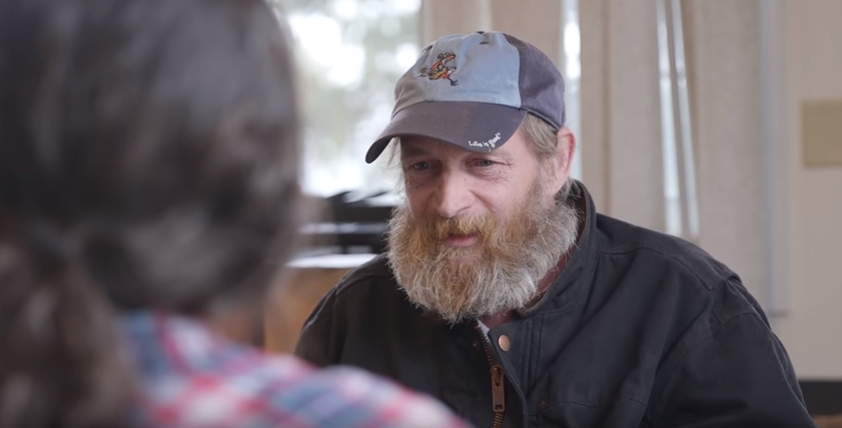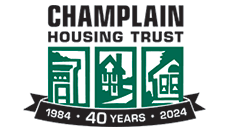
Last year the Champlain Housing Trust made a commitment to end chronic homelessness in our region. This commitment was grounded in collaboration – working with a variety of partners to solve what has seemed an intractable problem.
Collectively, we are making good progress, and there’s a video below that describes some of this work, or you can click here to go straight to YouTube and see it.
Chronic homelessness declined 31% last year. Already this year, working with the Burlington Housing Authority and others, another 40 individuals or families experiencing homelessness moved into one of CHT’s affordable apartments.
But there’s more to be done. Harbor Place, the motel we’ve been running since 2013, still provides needed accommodations and services every night to dozens of people who have no other place to turn.
For taxpayers, homelessness is expensive: a study done in San Francisco showed it costs $80,000 each year in a myriad of programs to serve people who are homeless in that city. Providing housing with services costs 56% less – and results in increased stability, dignity and opportunity.
Out of our efforts, new partnerships have evolved that have similarly shown immediate results, and promise lasting impact. The UVM Medical Center looked at data from the 95 patients they discharged to Harbor Place and documented a savings of almost $1 million in health care costs from these guests, along with a 42% reduction in Emergency Department visits and 68% fewer inpatient admissions. If we can demonstrate this type of result from a motel, we’re certain that permanent housing will have even more of an impact.
Our work with Community Health Centers of Burlington resulted in creating Beacon Apartments in South Burlington, a former motel CHT acquired and converted to 19 apartments for people who have been chronically homeless and with medical vulnerabilities. In the video below, you’ll meet John Graves, a Beacon Apartment resident – and former guest at Harbor Place, who speaks about how he now has a place to store his belongings and can aspire to get work. Safe Harbor provides case management with funding from the UVM Medical Center and Vermont Community Foundation.
Most of us feel compassion for those in need. Many agree there’s a moral imperative to help. Even if we ignore these motivations, it’s clear new approaches to addressing homelessness are needed. We’ve been spending more to keep people homeless than it costs to provide a home.
More than hope, we have confidence. With the partnerships and collaboration underway, tackling big problems like ending chronic homelessness don’t seem so insurmountable anymore.

